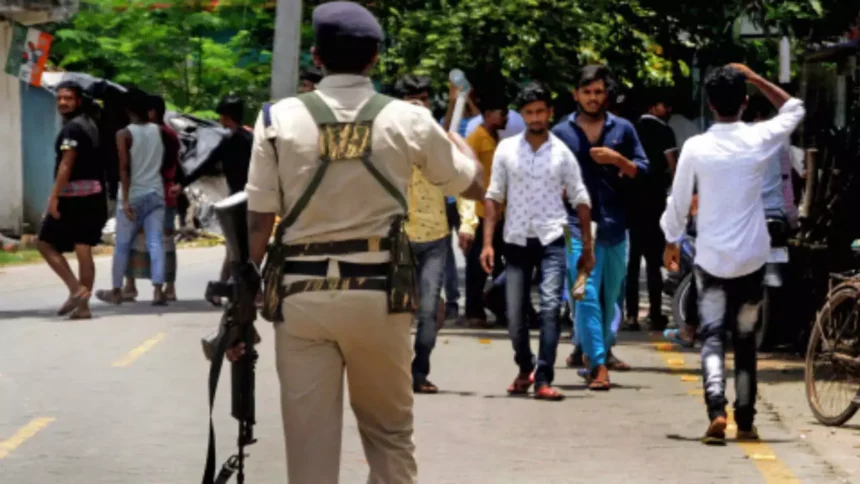In a significant turn of events, the West Bengal panchayat elections witnessed the mass exodus of migrant workers from Kolkata to their villages, causing disruptions in various sectors that heavily rely on their presence. Migrants employed in a wide range of industries, including domestic work, hospitality, and transport, prioritized their democratic right to vote and left the city to participate in the rural polls. As a result, the bustling urban hub of Kolkata experienced a temporary labor shortage, leading to service interruptions and inconveniences for residents.
While the panchayat elections were conducted across all districts of West Bengal, Kolkata remained the only district exempted from the electoral process, given its fully urban nature. However, the absence of migrant workers had a profound impact on the functioning of essential services within the city. From household chores to the operations of hotels, restaurants, and transportation services, the sudden departure of a significant portion of the workforce disrupted the normal flow of activities.
One of the most affected sectors was domestic work, where many households heavily rely on migrant workers for assistance with daily chores. With these workers returning to their villages to cast their votes, residents of Kolkata faced difficulties in managing their households. The absence of domestic workers also placed an additional burden on family members who had to shoulder the responsibilities temporarily.
Furthermore, the hospitality industry, a major contributor to Kolkata’s economy, experienced a setback due to the departure of migrant employees. Hotels and restaurants were short-staffed, resulting in longer waiting times, reduced service quality, and a general decline in customer satisfaction. The tourism sector, which plays a significant role in attracting visitors to the city, was also affected as the availability of tourist guides and support staff dwindled during the election period.
Transportation, another crucial aspect of urban life, was severely impacted as numerous buses and vehicles were requisitioned for election duties. The temporary reallocation of these vehicles left commuters stranded and faced with limited options for their daily commute. The reduced frequency of public transportation services and the absence of private vehicles led to overcrowded buses and increased travel time, causing frustration among the residents of Kolkata.
While the impact of the migrant exodus on various sectors was felt immediately, the repercussions are expected to persist even after the completion of the elections. Many migrant workers are yet to rejoin their workplaces in Kolkata, prolonging the labor shortage and prolonging service disruptions. Employers in different sectors are now grappling with the challenge of attracting the workers back and restoring normalcy.
The mass migration of workers during the panchayat elections highlights the significance of democratic participation and the dedication of individuals to exercise their voting rights. It also sheds light on the vulnerabilities of urban centers like Kolkata, where the absence of a dedicated rural electoral process can inadvertently disrupt essential services. The temporary setback caused by the exodus of migrant workers underscores the need for comprehensive contingency plans and alternative arrangements to mitigate the impact of future elections on urban areas.
As the panchayat elections draw to a close, the authorities and employers in Kolkata must now work towards stabilizing the situation and ensuring the swift return of the migrant workforce. Efforts to restore normalcy and address the labor shortage should be prioritized to minimize inconvenience for residents and revitalize the affected sectors. By recognizing the value of migrant workers and acknowledging their contributions, steps can be taken to build a more resilient and inclusive city that accommodates the democratic aspirations of its citizens while maintaining essential services even during times of electoral significance.




